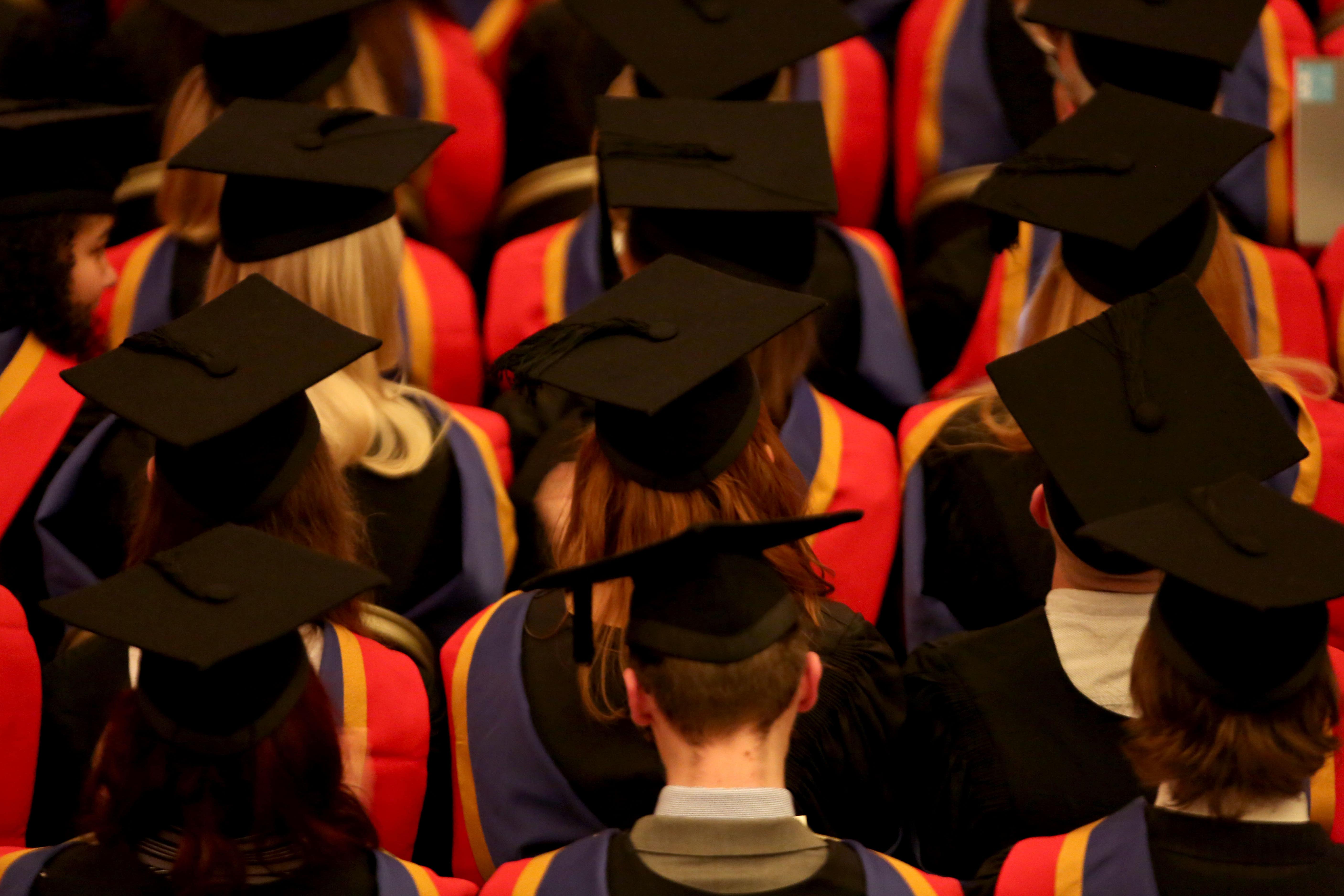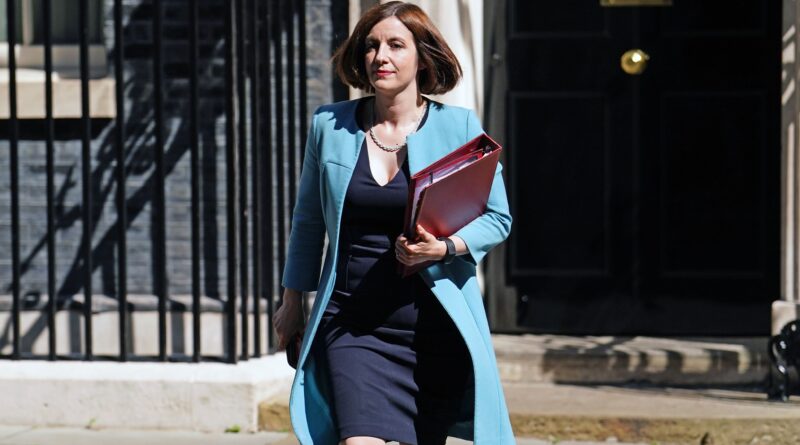University tuition fees: What does it mean for students and why are they increasing?
Your support helps us tell the story
From reproductive rights to climate change to Big Tech, The Independent is breaking new ground as the story unfolds. Whether it’s investigating Elon Musk’s pro-Trump PAC funding or presenting our latest article, ‘The A Word’, which shines a light on American women fighting for reproductive rights, we know how How important is clarity in messages.
At such a critical time in US history, we need reporters on the ground. Your donation allows us to keep sending journalists to talk to both sides of the story.
The Independent is trusted by Americans across all political lines. And unlike many other quality publications, we choose not to block Americans from reporting and reviewing through paywalls. We believe that quality journalism should be available to everyone, paid for by those who can afford it.
Your support makes all the difference.
In a move that will disappoint thousands of prospective students, Sir Keir Starmer is set to increase tuition fees for the first time in eight years.
Education Secretary Bridget Phillipson will make a statement in the Commons on Monday afternoon, which will see the rise in line with inflation in the Retail Price Index, Independent understand.
Previous reports have estimated that fees could rise from £9,250 to £10,500 and come into effect in September 2025, affecting school students who are currently sitting their A-Levels.
It comes as university leaders have warned of significant funding challenges due to higher tuition fees paid by domestic students and a decline in international students.

Why are rates going up?
Earlier this month Universities UK (UUK) said government grants and fees are not keeping pace with rising costs, causing a budget shortfall.
UUK has suggested that if investment in teaching students keeps pace with inflation, per student income will be in the region of £12,000-£13,000. It added that any rise should be accompanied by more support to help with the cost of studying – including restoring grants for the poorest students.
Many educational institutions are currently facing financial difficulties, with 40 percent of universities expecting to go bankrupt this year.
One of the key reasons is the sharp drop in the number of international students going to the UK to study abroad, following the Tory crackdown on dependent visas.

Foreign students, usually from high-income institutions, often pay three or four times more than domestic students, and provide an important lifeline for universities. Home Office figures released last month showed there was a 16% drop in visa applications from overseas students between July and September.
Sir Keir Starmer announced in May that he plans to abandon his pledge to end tuition fees in order to tackle NHS waiting lists.
At the time he told BBC Radio 4: “When I look at the cost of tuition fees or abolish them, when I look at the money we need to put into the NHS, I’ve decided that we can’t do it. both. That’s a tough decision, I’ll take it.”
How would this affect future students?
Raising tuition fees may be unpopular, especially considering the ongoing costs of health problems that have forced many families into debt and financial insecurity.
There may be a risk that if care support is not increased, students from low-income families may not be able to go to university.
Apart from paying for tuition, students also have to find money for rent, food, transport, energy bills and any extracurricular activities.
The government is also understood to be considering changing the way tuition fees are paid, due to concerns that high student debt disproportionately affects disadvantaged students.
#University #tuition #fees #students #increasing
